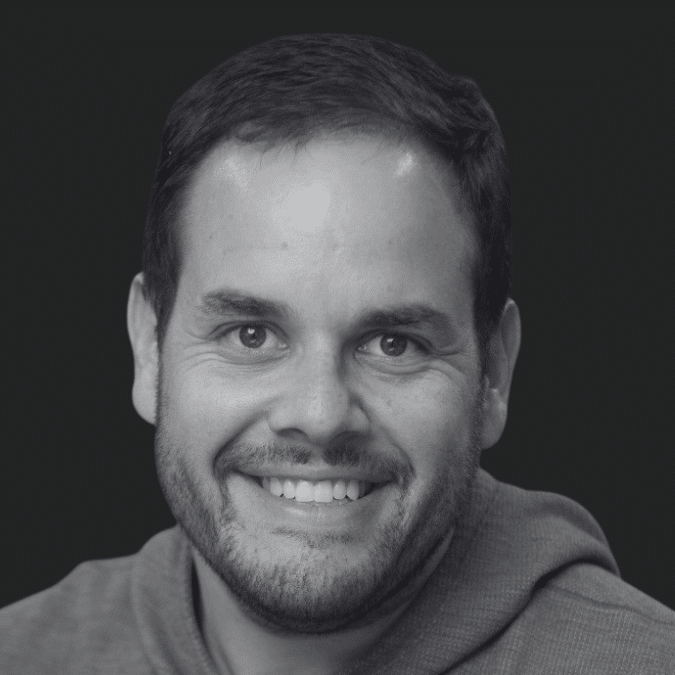September 6, 2023
Empowering Security Professionals to Impact the Bottom Line with HiveWatch CEO Ryan Schonfeld
Connect with us wherever you get your podcasts
In this episode
Driven by his frustrations as an end-user of security tools, Ryan Schonfeld, Founder and CEO of HiveWatch, built a company to make it easier for security professionals to be more connected and informed. He knows firsthand the abundance of data available to interpret and the antiquated practices of collecting it from disparate systems — unsure of whether it’s accurate by the time a report is written and distributed. Schonfeld’s pushback to age-old security processes and refusing to settle for the way it’s always been done has helped him enable security teams to position their department as a business enabler, while protecting people and assets.
Listen
Empowering Security Professionals to Impact the Bottom Line with HiveWatch CEO Ryan Schonfeld
What you’ll learn
01
Why security teams need to understand the needs of the business and how their work can impact the success of the company
02
The cultural challenge of security viewing technology as a risk, instead of a force multiplier that enhances the irreplaceable value of human intel
03
Trends he’s observing in the physical security industry and what’s on the horizon
More about our guest

Ryan Schonfeld is the Founder & CEO of HiveWatch, a security technology company transforming how organizations protect their people and assets. He began his career as a police officer and investigator, later serving as an instructor for the U.S. Department of State’s Anti-Terrorism Assistance Program and leading security technology efforts at a Fortune 500 company. Driven to fix inefficiencies in traditional security models, Ryan launched HiveWatch to deliver smarter, scalable solutions for modern security teams.
Connect with Ryan



